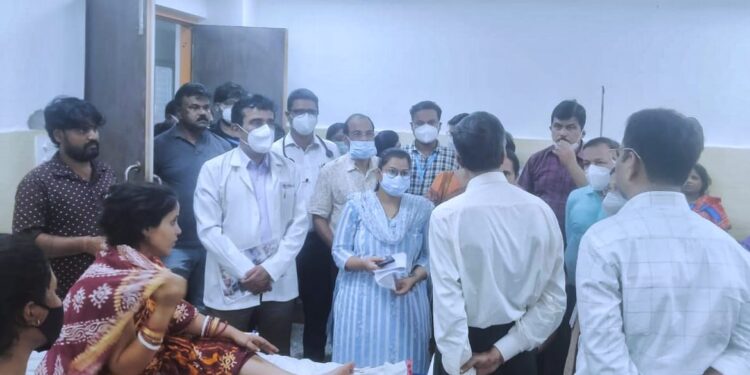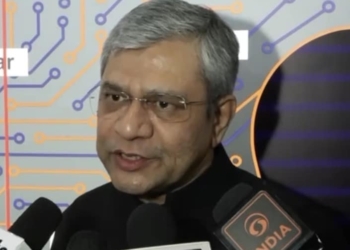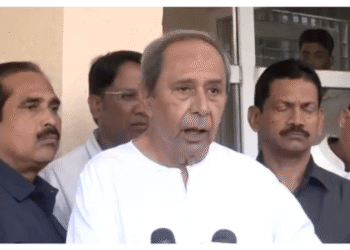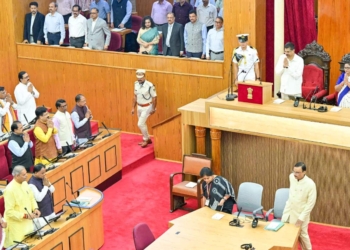A severe diarrhoea outbreak in Jajpur district, Odisha, traced to contaminated drinking water, has claimed 11 lives and affected 622 people, overwhelming local health facilities. The crisis, reported across Dharmasala, Jajpur Road, Danagadi, Sukinda, Korei, and Rasulpur blocks, has prompted the district administration to take stringent measures.
District Collector P. Anwesha Reddy has cancelled all government employees’ leaves from June 14 to 16, ensuring that all offices remain operational. Previously approved leaves have also been revoked to bolster response efforts.
The outbreak, confirmed by experts from the World Health Organisation, Indian Council of Medical Research, and Integrated Disease Surveillance Programme, has raised alarms about water quality. On Friday, authorities collected water samples from affected areas, including tanks and sources, for laboratory testing, with results expected by night to pinpoint contamination causes. Currently, 285 patients are under treatment in various community health centres, with three in critical condition at district facilities. Over 50 others are receiving care in larger hospitals and medical colleges outside Jajpur, some in serious condition.
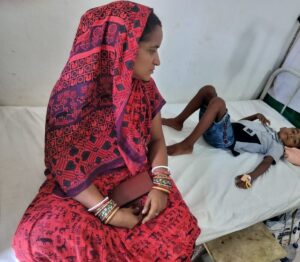
District Collector Reddy, after reviewing the situation, stated that the outbreak is being brought under control through aggressive measures. Health and anganwadi workers are conducting door-to-door surveys to identify cases, while mobile health teams are deployed in sensitive areas. A 24-hour control room at the district’s main hospital is coordinating efforts. The Chief Medical Officer has advised residents to avoid consuming stale food to prevent further infections.
On Friday, over 100 new patients were admitted across government hospitals, though new case numbers are declining compared to earlier days. The district’s main hospital admitted 11 new patients, while Dharmasala Community Health Centre reported 31, seven of whom are critical. Other health centres, including Korei (13 admissions), Baitarani Road, Danagadi (over 35), and Byasanagar (20), also reported new cases.
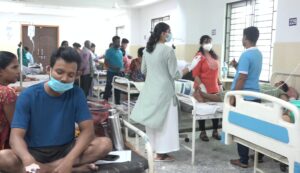
To curb the outbreak, Reddy has prioritised disinfection of water sources—wells, tube wells, piped water supplies, and overhead tanks—using chlorination and bleaching powder. Block-level officers are ensuring distribution and application, with disinfection scheduled every alternate day. Nodal officers are overseeing panchayat-level efforts, and public awareness campaigns via loudspeakers are urging residents to boil water and avoid spoiled food. Food safety enforcement is being tightened, with tahsildars directed to crack down on vendors selling stale vegetables and fish. Hotels and sweet shops in Jajpur Town and Vyasanagar are under scrutiny, with orders to seal outlets selling spoiled food.
With schools set to reopen on June 18, water sources in educational institutions, including residential schools, will undergo purification. Experts predict the outbreak’s intensity will decrease within two days if preventive measures persist. The administration’s proactive steps, coupled with community vigilance, aim to restore normalcy in Jajpur.
Also Read: Odisha Health Secretary Reviews Jajpur Diarrhoea Outbreak Response


